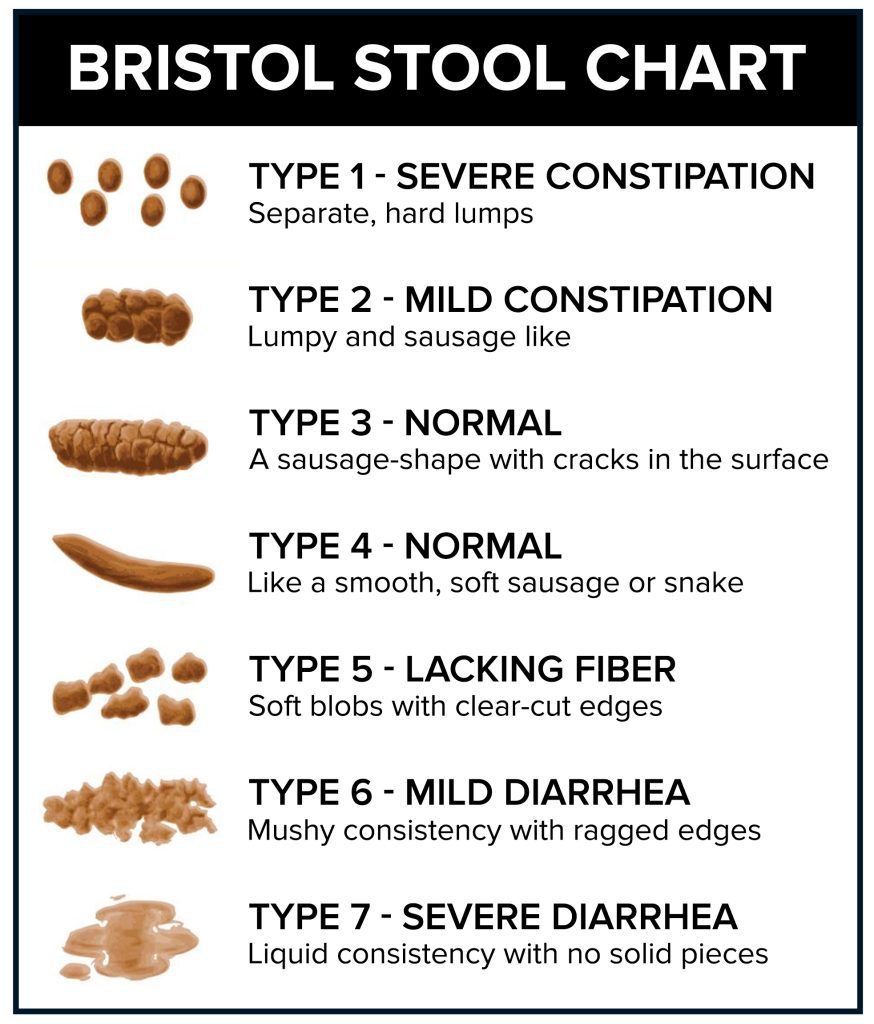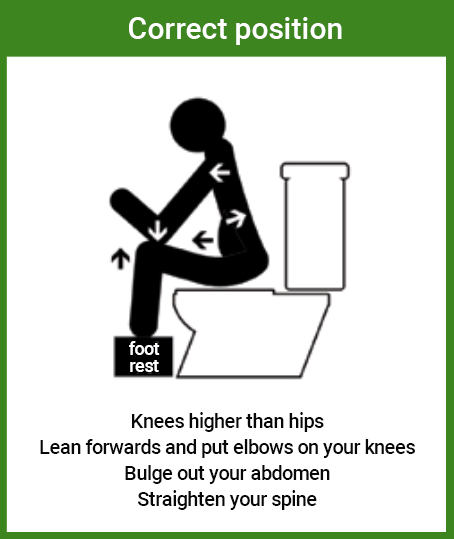Bowel Health

CATEGORY: PELVIC FLOOR
Bowel Health
One of the concerns that clients come to see our pelvic health physiotherapists for is bowel dysfunction. The conditions in which we treat include constipation, incontinence, pain, haemorrhoids and inflammatory conditions such as Chron’s or colitis. We also have extensive experience in the management and rehabilitation of clients after they have had bowel surgery such as resections, colostomy or ileostomy.
Did you know?
- The normal frequency of bowel movements varies greatly – from 1-3x per day or once every 3 days.
- When you empty your bowels it should be soft and easy to pass – that is, a type 4 on the Bristol Stool Chart – in other words it should take less than 5 minutes to empty your bowel and your poo should look like a sausage or fat snake – that is…smooth and soft!
- It is not normal to have to push or strain to empty your bowels and bleeding or pain could indicate that there is something else going on that needs investigating.

What’s the best way to empty your bowel?
- WHEN you feel the urge – don’t put this off. If you put it off it can be harder to empty your bowel when you get the next urge…
- SIT on the toilet (don’t hover). If you have a fear of sitting on public toilets, simply place toilet paper on the seat. If you hover over the toilet the muscles in your pelvic floor can still be tight and this can kink the bowel leading to incomplete emptying and sometimes pain.
- PUT your feet on a stool so your knees are just above your hips.
- LEAN forward and allow your belly to relax and bulge out so that you generate some gentle pressure to start the bowel movement.
How to maintain a healthy bowel?
Maintain a healthy diet.
Your diet should include plenty of soluble fibre such as pasta, rice, vegetables and fruit and limit foods high in insoluble fibre such as bran and muesli as too much insoluble fibre can bulk out your stools which can make them difficult to pass. Some fruit juices such as pear, apple and prune can help to keep your stools soft and regular.
Drink plenty of water
This is a question we get asked all the time. It is suggested that you should drink at least 8 glasses per day which equates to roughly 2 litres. In reality, water consumption requirements vary greatly depending on a wide range of factors such as level of physical activity, climate i.e hot, humid vs cold, profession ie if you’re working inside vs outside and health conditions. Your requirements will change day to day also depending on what you’re doing, what you’re eating and how much you’re moving. A few easy ways to determine how much water you should be drinking each day is firstly, let your thirst be an indicator and look at your urine – if it is clear you’re overdrinking, if it is yellow, cloudy or murky you’re under drinking – your urine should have a slight tinge to it.
Exercise regularly
It has been shown that exercising regularly can improve the gut microbiome through the release of specific acids that assist in repairing the lining of the gut and reducing inflammation. These factors can reduce the chance of developing inflammatory gut conditions, dysfunction and insulin resistance. Exercise can also assist in mobilising the gut which can play an important role in keeping you regular.
If you have any concerns surrounding your gut health or your bowel motions, please don’t hesitate to contact our friendly admin team as they can determine who would be best for you to see. At Alchemy, our accredited dietitian has a special interest in gut microbiome and gut health while our pelvic health physiotherapists have extensive experience and skills in the assessment and management of bowel dysfunction. In conjunction with each other, these two services provide clients with a highly specialised, thorough service to improve their gut and bowel health.




Leave a Comments
You must be logged in to post a comment.